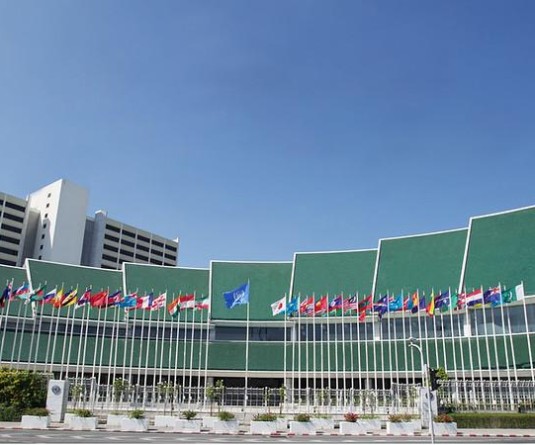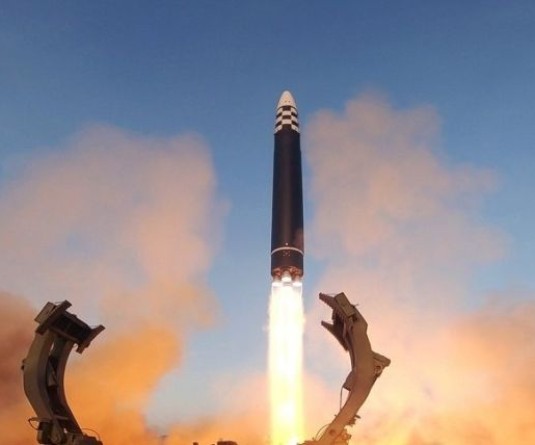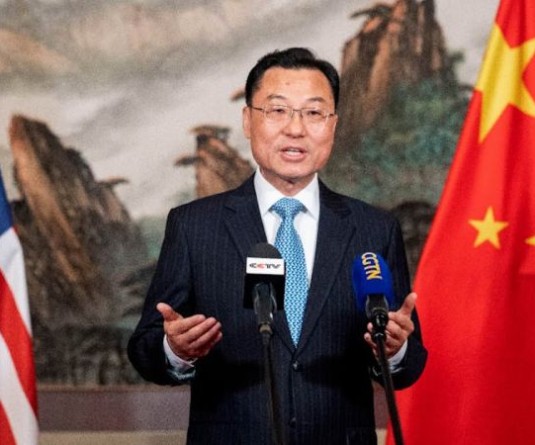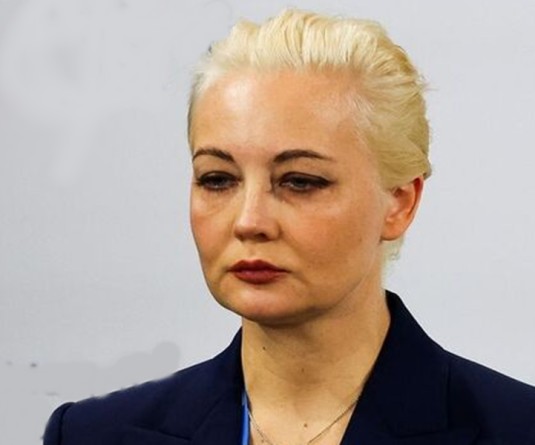Trump leaves NATO early after spat with Canada's Trudeau
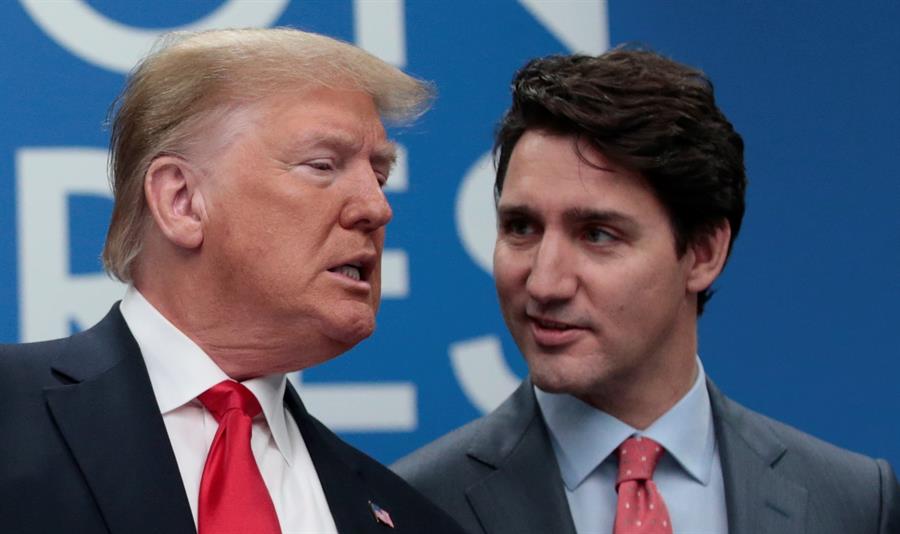
US President Donald Trump (L) and Canada's Prime minister Justin Trudeau (R) during NATO Summit in London, Britain, 04 December 2019. EFE/EPA/OLIVIER HOSLET
Watford, United Kingdom, December 4 (EFE).- US President Donald Trump said he would be leaving the United Kingdom earlier than expected and would not be attending the customary press conference to mark the end of the NATO summit.
"When today’s meetings are over, I will be heading back to Washington. We won’t be doing a press conference at the close of NATO because we did so many over the past two days. Safe travels to all!" Trump tweeted.
The move came after he called Canadian Prime Minister Justin Trudeau "two-faced" during a press conference with German Chancellor Angela Merkel.
"Honestly, with Trudeau, he's a nice guy, I find him to be a nice guy but the truth is I called him out on the fact he's not paying 2 percent and I guess he's not very happy about it.
"He's not paying 2 percent and he should be paying 2 percent. It's Canada, they have money," Trump said.
The spat between Trump and the Canadian PM came after a video of Trudeau, French President Emmanuel Macron, UK Prime Minister Boris Johnson and Dutch PM Mark Rutte allegedly mocking Trump during a gala in Buckingham Palace, made the rounds online.
Canadian channel CBC News shared an edited version of the footage on Twitter which has already been viewed over four million times.
With a drink in his hand, Johnson is heard asking Macron: "Is that why you were late?"
To which Trudeau replied, supposedly referring to Trump's lengthy press conferences: "He was late because he takes 40-minute press conference off the top."
In the video, the Canadian PM tells his colleagues: "You just watched his team's jaws drop to the floor."
The NATO summit has been marred by tension among world leaders, which started Tuesday when Trump responded to comments Macron had made to The Economist magazine in which he claimed the world was witnessing the "brain death" of the organization.
Trump retaliated by saying the French economy was in tatters and that the US would respond to a tax on American tech giants by placing levies on French goods.
Despite the feuds, as NATO leaders gathered Wednesday in Watford, northwest of London, secretary-general Jens Stoltenberg told reporters that there was a commitment among leaders to strengthen the future of the "most successful" alliance in history.
High on the agenda this year, for the first time, was the rise of China, the Norwegian politician added.
"China is now the second-largest defence spender in the world next to the United States and they recently displayed new modern capabilities including nuclear weapons so we have to address the rise of China together," Stoltenberg told reporters ahead of the meeting.
As the summit came to a close, NATO leaders reaffirmed their commitment to continue to boost a collective defense system and budget despite disagreements between France, Turkey and the United States.
"Solidarity, unity, and cohesion are cornerstone principles of our Alliance," a joint statement said.
"As we work together to prevent conflict and preserve peace, NATO remains the foundation for our collective defence and the essential forum for security consultations and decisions among Allies."
Turkey's request Tuesday that allies support the country's claim the Syrian Kurdish People's Protection Units (YPG) forces is a terrorist organization was not addressed, Stoltenberg told reporters.
Ahead of the summit, Turkey had threatened to not back a defense plan for the Baltic region and Poland until fellow member states accepted Turkey's description of the YPG as terrorists but later opted to drop the blockade.
The leaders of the alliance declared space as the fifth operational area (after land, sea, air and cyberspace) and supported an action plan against terrorism.
For the first time, they discussed the rise of China and pledged to ensure the security of telecommunications and infrastructure, including 5G networks.
Stoltenberg welcomed an increase in contributions to defense budgets across the board.
"Since 2016 European allies and Canada will have added $130 billion to the defence budget.
"This number will increase to $400 billion by 2024.
"This is unprecedented, this is making NATO stronger," Stoltenberg continued.
As the 70th anniversary concluded the alliance reaffirmed the unity of the intergovernmental military organization.
"In challenging times, we are stronger as an Alliance, and our people safer.
"Our bond and mutual commitment have guaranteed our freedoms, our values, and our security for seventy years.
"We act today to ensure that NATO guarantees those freedoms, values, and security for generations to come," the joint statement concluded.


